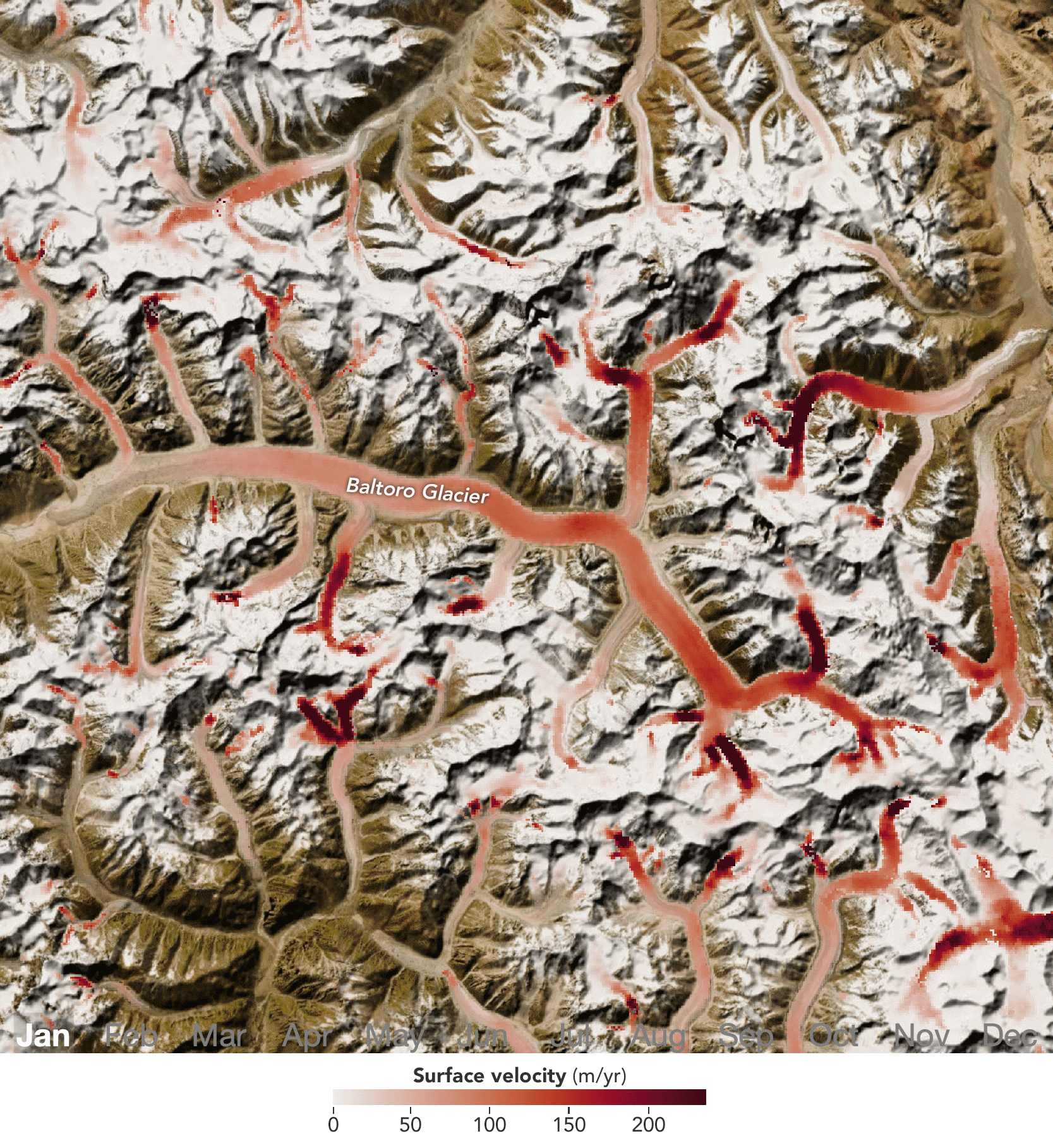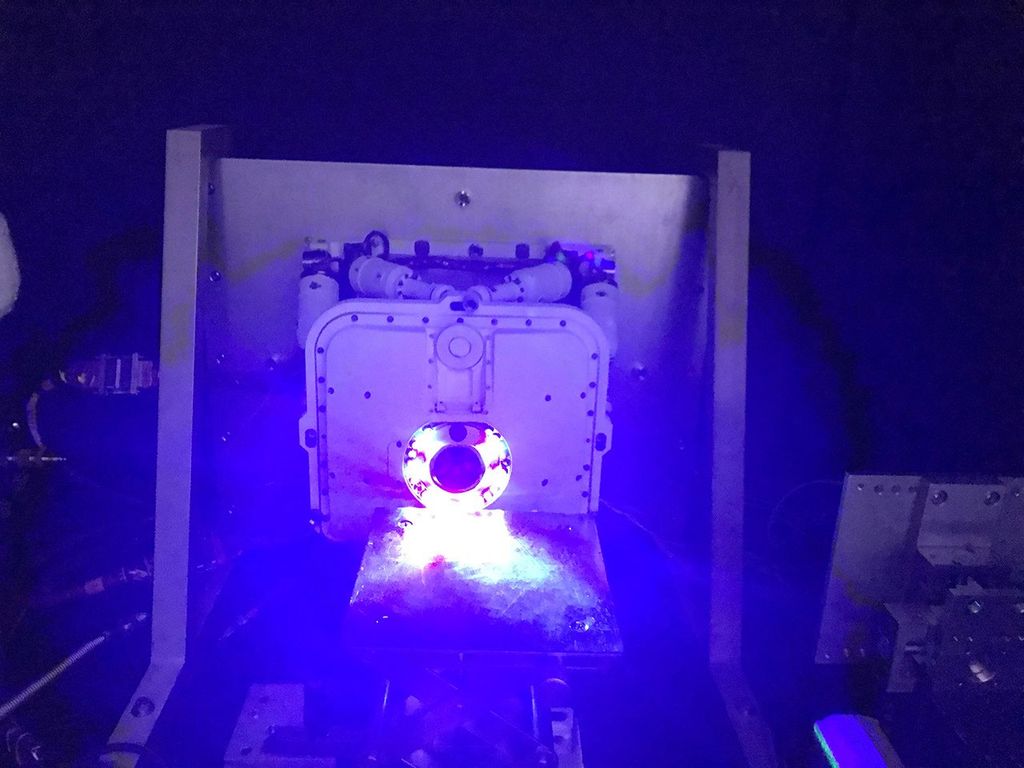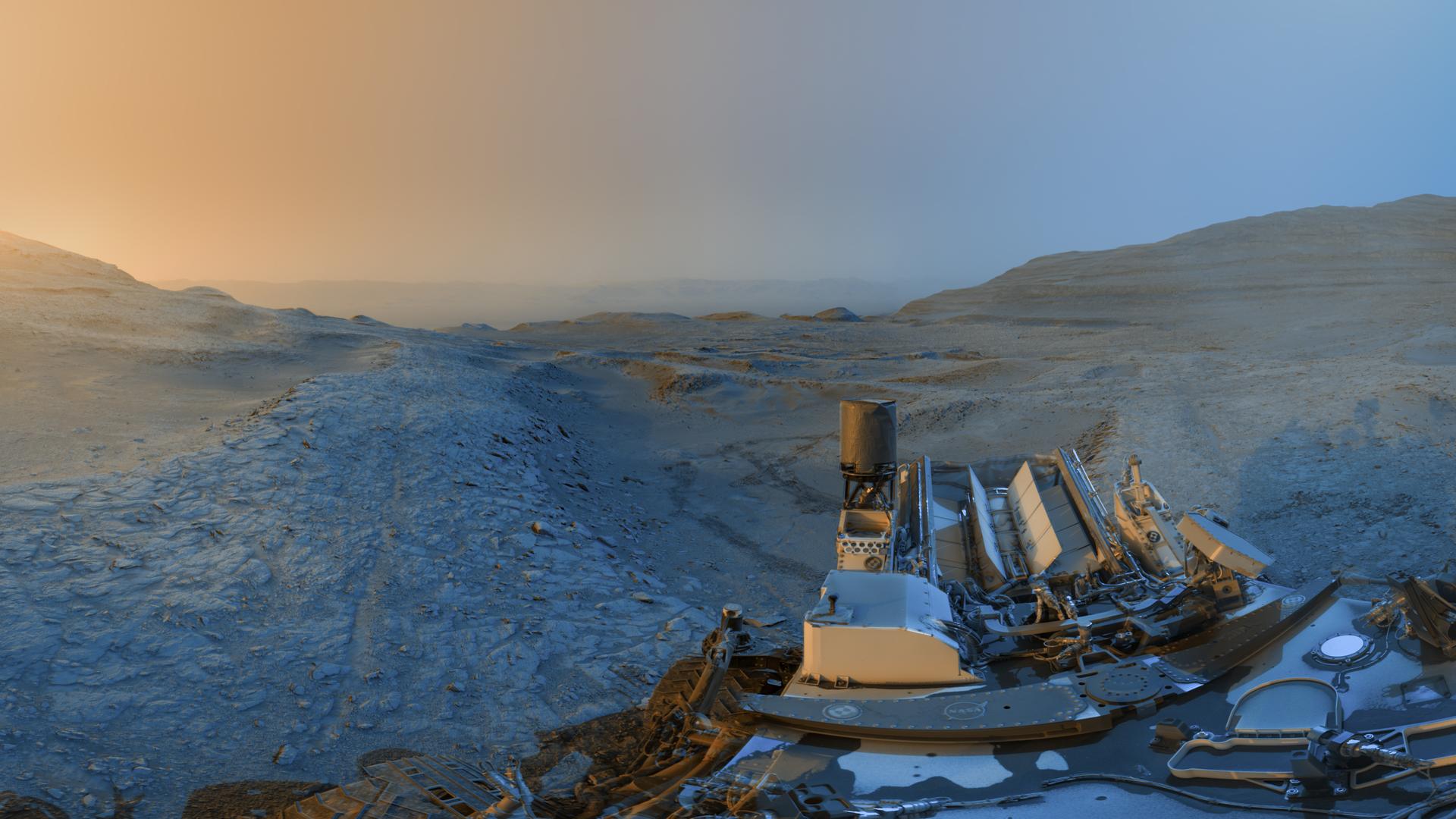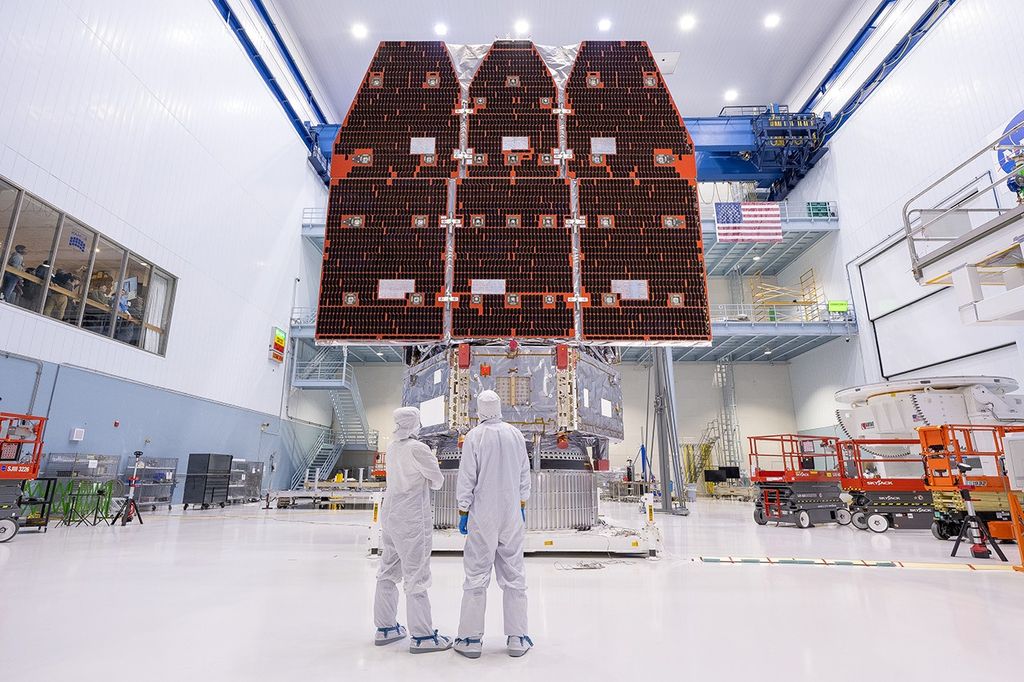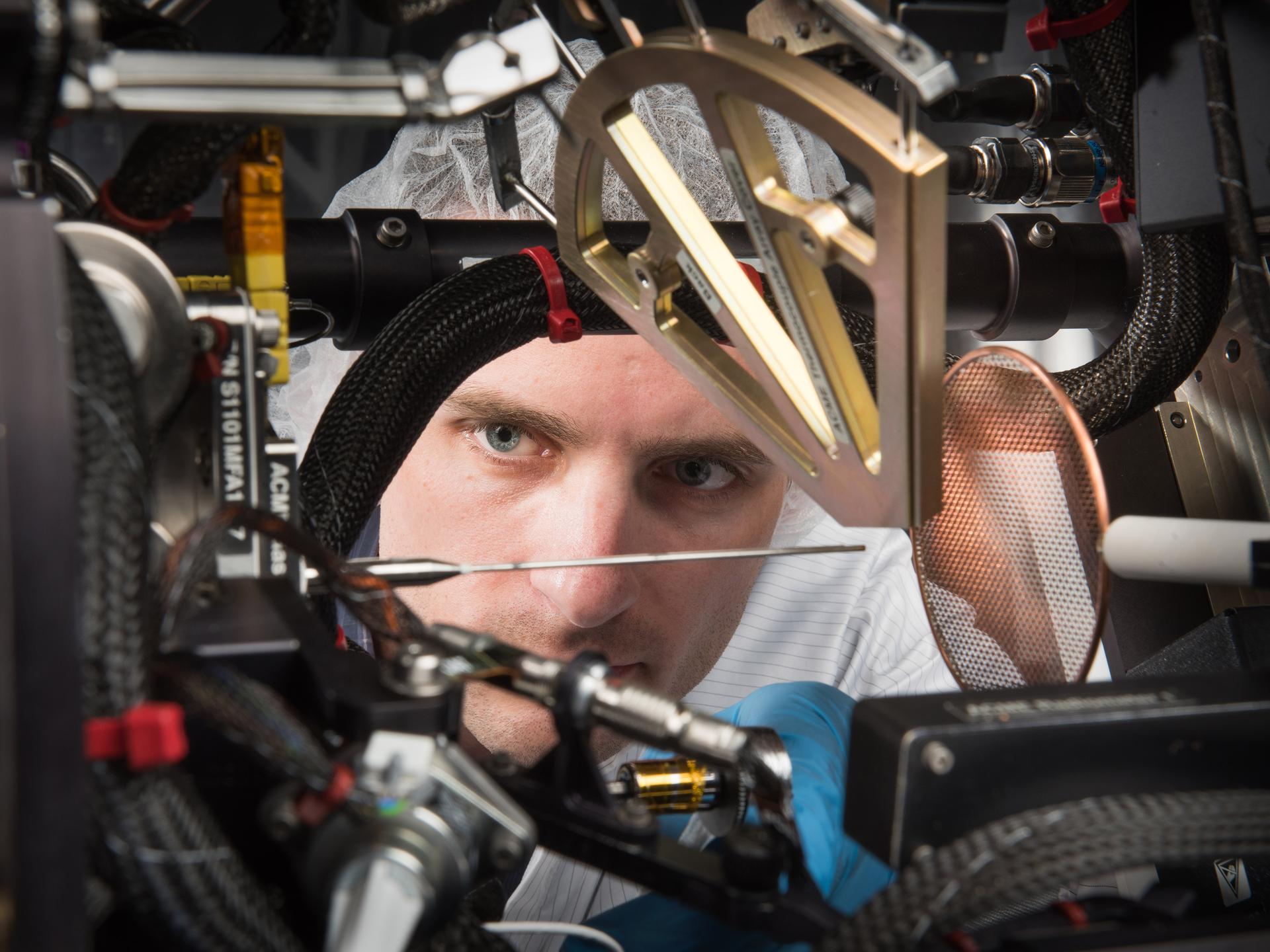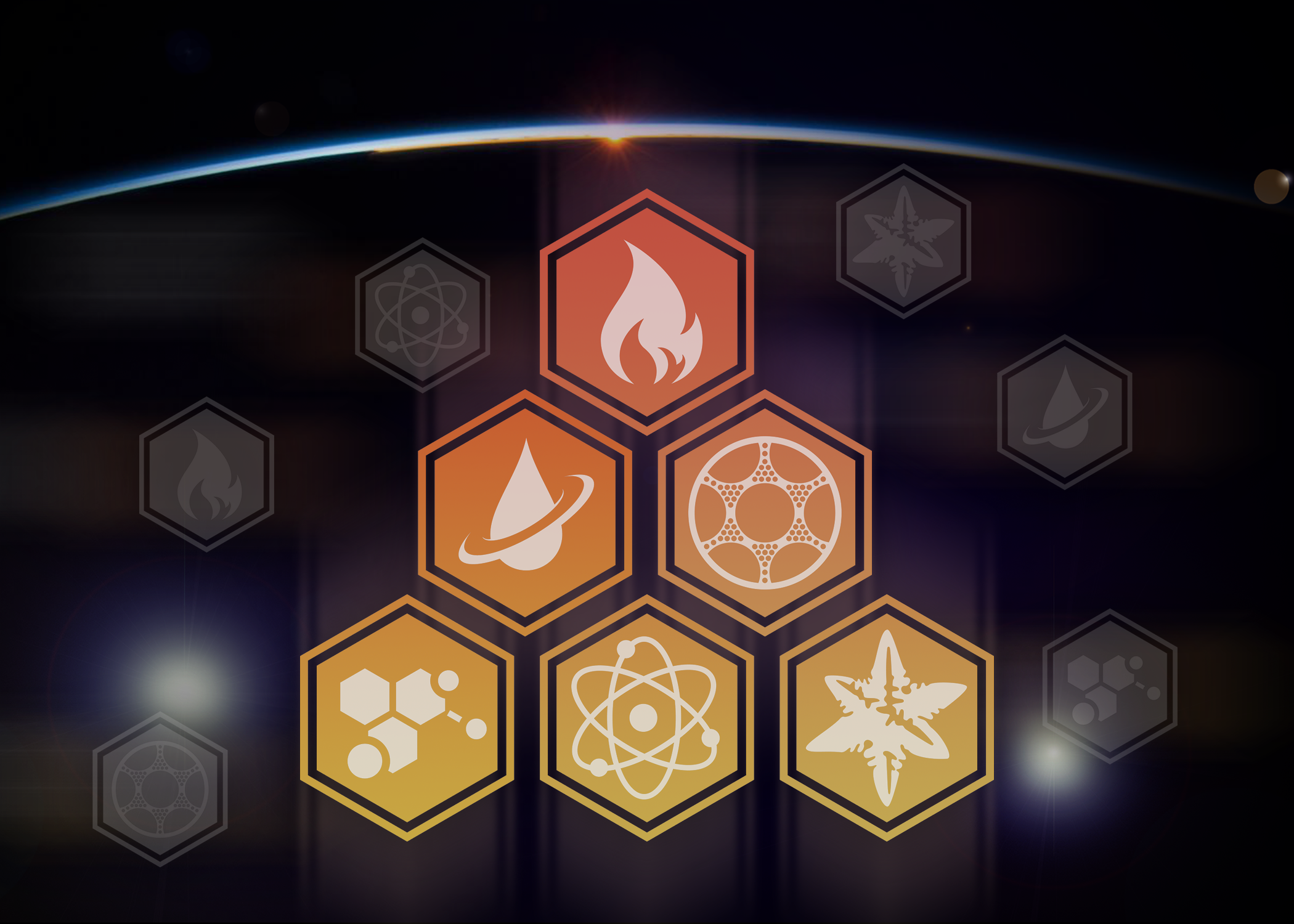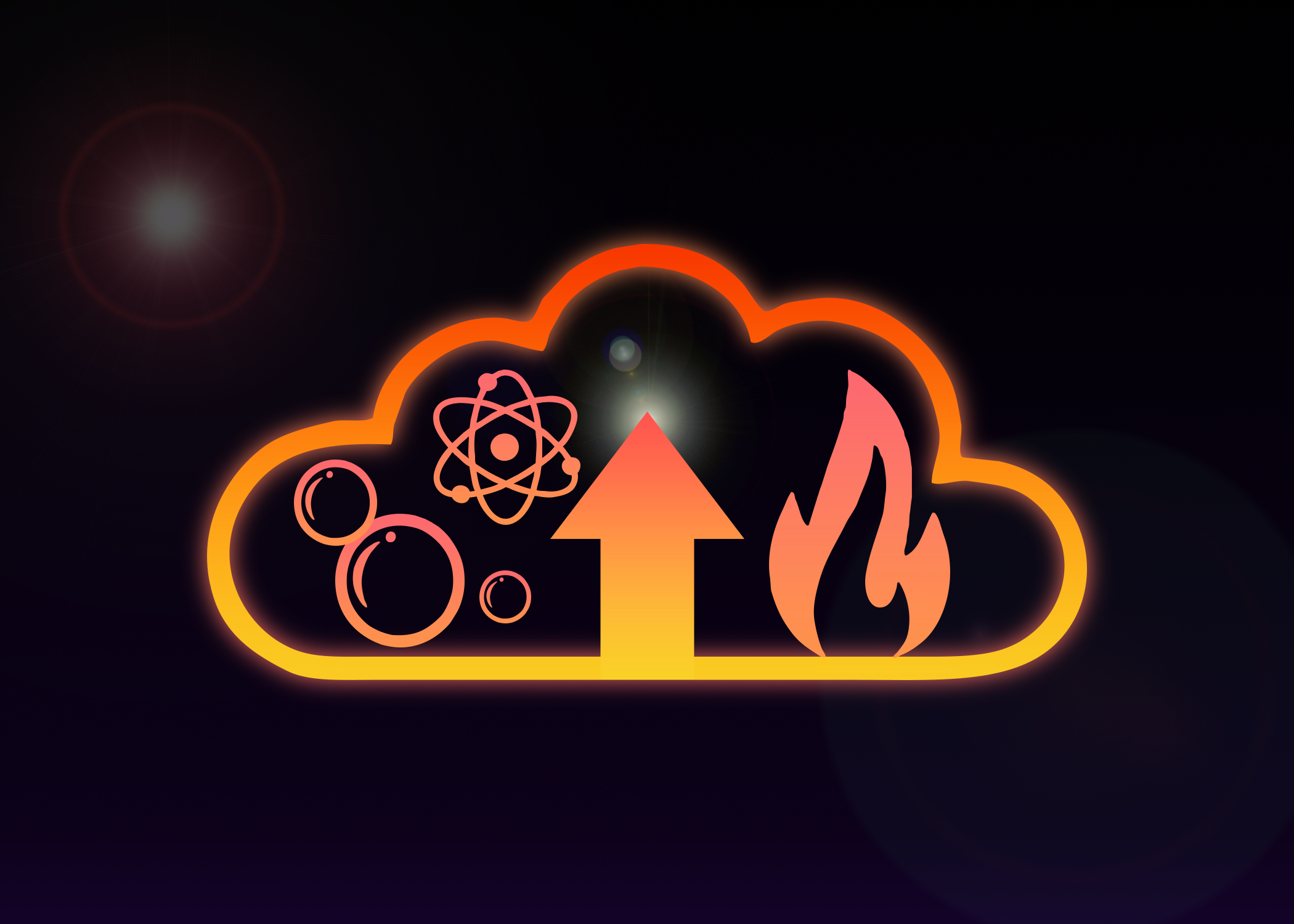History
The Space Shuttle era laid the foundation for long duration microgravity experiments starting in 1992. Building upon this foundation, the International Space Station (ISS) has hosted even longer duration microgravity physical science investigations since 2001. These investigations have yielded a vast volume of rich results — often revealing phenomena that would be difficult or impossible to observe in Earth-based laboratories. The findings have enhanced our understanding of fundamental physical processes and hold significance for both terrestrial and space applications.
Recognizing the urgent need to collect, curate, and share this valuable data from a centralized location, NASA launched the Physical Sciences Informatics (PSI) database in 2014. PSI functions as an open-access repository for data from a broad range of experimental platforms—including the ISS, Space Shuttle, parabolic flights, Free Flyers, commercial cargo missions, and related ground-based studies. Encompassing a wide array of scientific domains, the PSI database is organized into six disciplines – Biophysics, Combustion Science, Complex Fluids, Fluid Physics, Fundamental Physics and Materials Science. By providing Open Access to a rich repository of experimental and simulation data, metadata, publications, reports, and dissertations, PSI empowers researchers worldwide to collaborate, discover new insights, and drive innovation in physical sciences.
Mission
PSI is committed to driving scientific progress by fostering broad collaboration and advancing both fundamental and applied research. This is achieved through (a) promoting innovative studies that leverage existing experimental data, (b) accelerating discovery by ensuring open and unrestricted access to data, and (c) fast-tracking the journey from research to practical application or publication through rapid data sharing.
Vision
- Steward the NASA Physical Sciences Informatics (PSI) as a premier open-access repository, upholding the FAIR principles—Findable, Accessible, Interoperable, and Reusable—to maximize scientific impact and enable broad reuse of experimental data.
- Design and maintain intuitive data folder structures that clearly organize reduced-gravity and Earth-gravity environments, raw and processed datasets, technical documents, scientific publications, experimental tables, hardware specifications, reports, and mission telemetry.
- Accelerate new scientific discovery by empowering researchers to build on legacy data, fostering innovation across disciplines in both terrestrial and space-based environments.
- Continuously expand the PSI archive with high-volume, cross-disciplinary data inputs to unlock fresh insights and support the development of data-driven hypotheses.
- Optimize the data submission experience through an intuitive, user-focused PSI Submission Portal that simplifies data ingestion and curation.
- Equip users with analytical tools to extract new measurements, summarize findings, and compare documentation across multiple investigations, enhancing the depth of scientific analysis.
Benefits
- Safeguarding Valuable Data Data is no longer confined to an individual investigator’s hard drive or at risk of being lost due to personnel changes. It is continuously ingested as it becomes available, securely archived, and reliably published.
- Expanding Public Access Comprehensive datasets—from past, present, and future physical sciences investigations—are freely available, empowering the public and scientific community to drive discovery, foster cross-disciplinary collaboration, and support educational endeavors
- Streamlined Data Ecosystem A centralized submission portal and unified repository simplify the sharing process. Integrated analysis tools and digital object identifiers (DOIs) ensure datasets are easily citable, searchable, and reusable—maximizing their long-term scientific relevance.
PSI User Group
PSI hosts a monthly webinar featuring presentations from guest speakers across the 6 physical sciences disciplines. The PSI Users Group serves as a collaborative hub—designed to foster connections across PSI projects, showcase PSI datasets, and provide a dedicated platform for PSI researchers to share insights and innovations.
Reach out to PSI to learn more or request to be added to the Users Group mailing list, msfc-psi-help@mail.nasa.gov.

